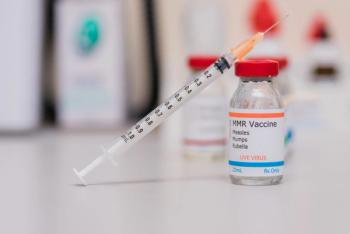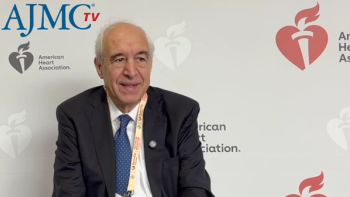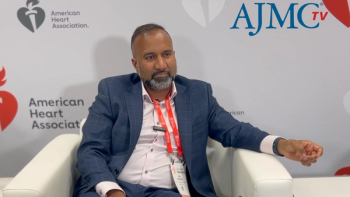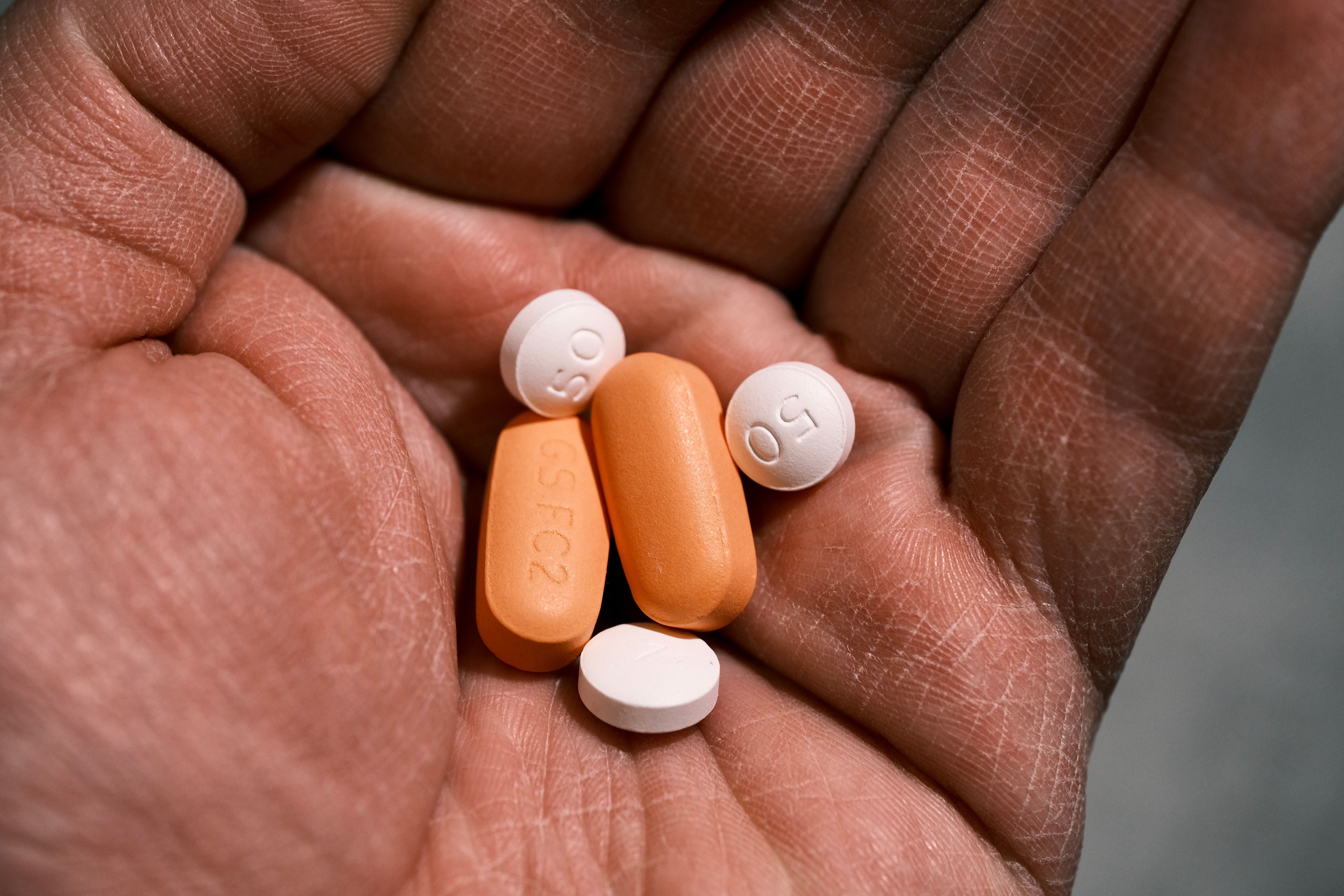
Clinical
Latest News

Latest Videos

CME Content
More News

Nurse practitioners play an essential role in diagnosing, treating, and supporting individuals living with Alzheimer disease.

Papillary muscle scarring has a substantial association with both cardiovascular mortality and arrhythmia.

Early measles vaccination among Texas infants surged in early 2025, likely helping reduce their risk amid the nation's largest outbreak since 2000.

This study examines the clinical settings of first-time psychotic spectrum disorder diagnoses in an integrated health system.

Panelists discuss how removing LDL-C targets in 2013 shifted focus from outcomes to statin use, weakening control efforts.

Panelists discuss how social determinants such as access, income, and literacy drive disparities in LDL-C control.

Global ovarian and uterine cancer cases due to high BMI have risen sharply over the past 30 years, especially in low- to middle-income sociodemoraphic regions.

Melanie Sheen, MD, describes efforts to boost diverse clinical trial enrollment through trust, community partnerships, and equitable patient engagement.

Children who undergo primary congenital glaucoma surgery had better visual acuity (VA) when wearing contact lenses compared with spectacles.

Early intervention and effective therapies are transforming multiple sclerosis management, enhancing patient outcomes, and delaying disability progression.

Panelists discuss how recent FDA approvals and SC amivantamab data support broader use of subcutaneous therapy in NSCLC.

Panelists discuss how SC delivery enhances patient convenience and health care efficiency in NSCLC treatment.

Nipocalimab shows promise in treating myasthenia gravis in children, with ongoing trials revealing safety and efficacy similar to adult studies, says Jonathan Strober, MD.

Panelists discuss how community and academic settings differ in applying third-line therapies for metastatic colorectal cancer and how collaboration benefits patients.

Panelists discuss how future RWE should expand to include survival, quality of life, and safety data to improve third-line mCRC care.

Lead CML researcher discusses the evolution of a groundbreaking treatment and its effect on patient survival.

Cefdinir is linked to nearly double the outpatient uncomplicated UTI treatment failure of cephalexin, with higher recurrence and increased resistance to other cephalosporins.

Panelists discuss how negative symptoms like lack of motivation, social withdrawal, and impaired expression significantly impact patients’ ability to maintain relationships and employment, representing a challenging aspect of care with limited effective treatment options.

Panelists discuss how physician assistants play an essential role in addressing the critical shortage of psychiatrists, particularly in rural areas, where 55% of US counties lack a single psychiatric provider and 143 million Americans live in psychiatric shortage areas.

Panelists discuss how oral azacitidine plus venetoclax represents a transformative advance toward completely oral regimens that could dramatically improve quality of life and accessibility, though challenges remain regarding cost, insurance coverage, and the complexity of managing multiple oral agents.

Panelists discuss how emerging therapies like menin inhibitors show promise based on strong preclinical data and clinical responses, while CD47 inhibitors have faced setbacks in phase 3 trials, with the greatest potential for novel agents likely in frontline combination settings.

Darla Chapman, DNP, ARNP, University of Washington, speaks on the evolution of Alzheimer diagnosis, emphasizing early detection and innovative biomarkers.

Tirzepatide's dual mechanism targets GIP and GLP-1, so it provides strong cardiovascular benefits, said Stephen Nicholls, MBBS, PhD, MBA.

New findings reveal sotagliflozin's benefits for patients with heart failure with preserved ejection fraction without diabetes, said Juan Badimon, PhD.

Integrating nephrology and cardiology care for patients with kidney and cardiovascular (CV) risks can be challenging but is possible, said Roy Mathew, MD.






















